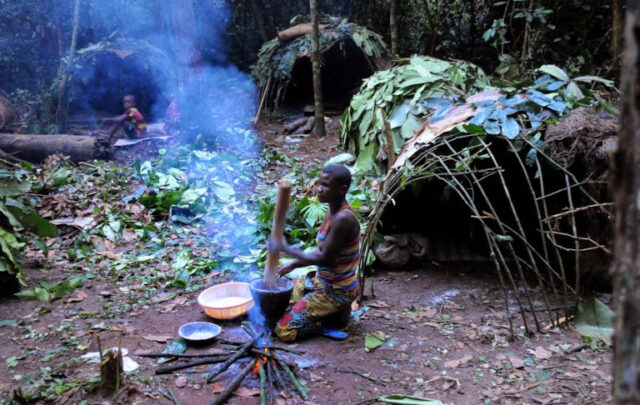Ed.note: It looks like this article has been temporarily taken down on the Transition Network site.
An innovative project stemming from the Hubs group in partnership with Transition Network to create a clear framework for how Transition groups and municipalities can create sustainable change together
This project has been collaboratively designed across borders and will map existing experiences of effective and systemic-change collaboration between local authorities and transition initiatives, worldwide. Launched in early 2017, the project will initially run until the end of 2018.
Our theory of change for this is inspired by the increasing evidence that top-down approaches alone cannot achieve sustained behaviour change. As new approaches arise through bottom-up experimentation, effective sharing of learning and inspiration is critical to supporting replication, evolution, scaling up and ultimately enabling us to reach a tipping point whereby the emerging culture becomes the new normal.
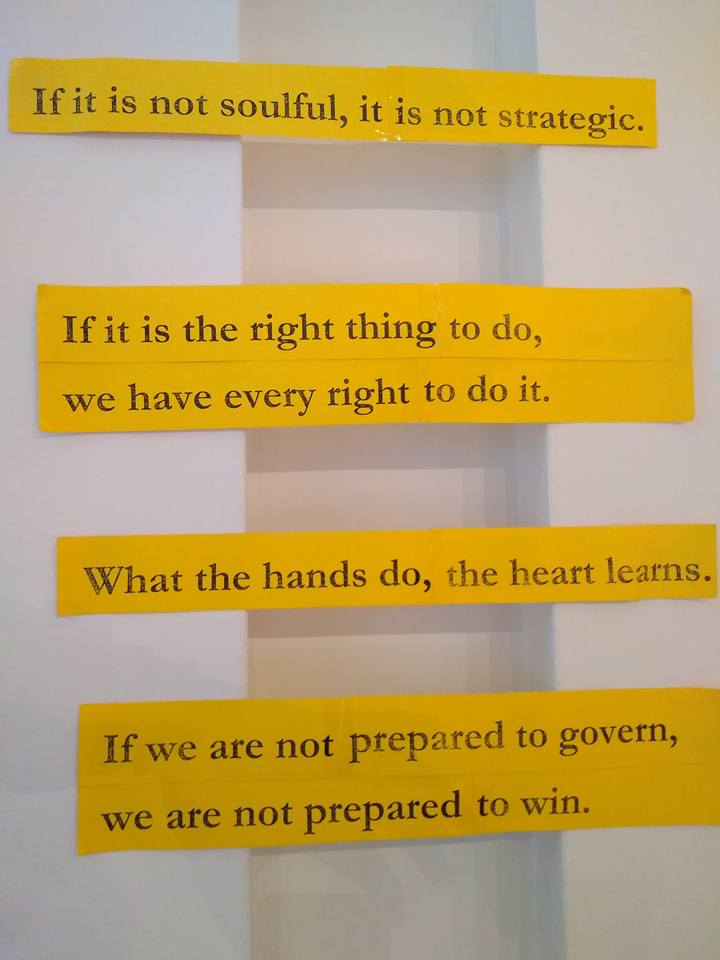
Responding to global issues, acting locally
The global problems we face, such as climate change, social and economic inequalities and division, consumerism in the face of natural resource limits, and lack of community resilience, urgently require innovative, systemic responses arising from the bottom-up as well as top-down.
From the Transition Movement we see many examples of engaged communities working for positive change who feel unsupported, even blocked, by local government. We see many municipalities with positive goals and a determination to act who are struggling to build genuinely collaborative relationships with local citizens.
A few communities and municipalities are experimenting with Transition-inspired approaches and tools to help them move beyond the current paradigm, align around a strong place-based vision and collaborate to create sustainable change.
For example:
- Transition Italy have a built a partnership with the Emilia Romagna branch of Italian Association of Municipalities. 300 municipalities (previously 40) are now in the Covenant of Mayors carbon-saving network.
- In the UK, Transition group Sustainable Frome are the basis of “Independents for Frome” elected to control the Town Council. “Flatpack Democracy” describes the more participatory way they make decisions for a sustainable future for the local area.
- In Ungersheim, France, Transition has been taken on by the municipality, with outcomes including a local currency, PassivHaus co-housing, local food businesses and the largest solar project in the Alsace.
- The Transition Spain Hub has given Transition Training to 3 municipalities and is starting to work with them on connecting to civil society and applying Transition approaches.
However, this ground-breaking and potentially hugely impactful work is largely unsupported, isolated and invisible – valuable knowledge and experience is not being shared, built upon or disseminated.
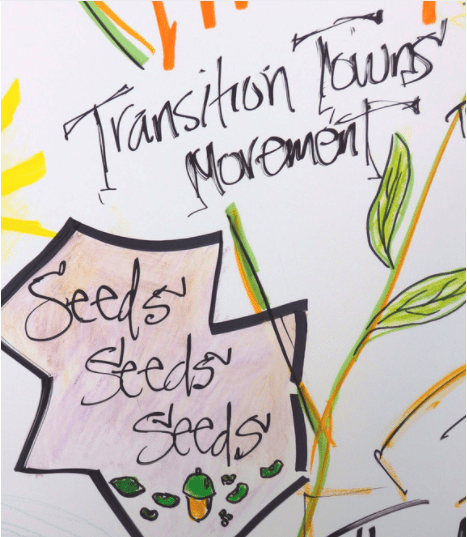
We have therefore launched the Municipalities in Transition project because we want to create a clear framework for how Transition groups and municipalities can create sustainable change together. We will establish a developing evidence base; and a vibrant international community of practice which will support more municipalities, communities and decision-makers to engage with Transition-inspired approaches for sustainable change grounded in local needs.
We seek to support systemic change, by fostering values, and frames that encourage a cultural shift from separation to collaboration. We have considerable relevant experience and networks to draw upon when implementing this project approach – it is the philosophy which underpins the international spread and evolution of the Transition movement.
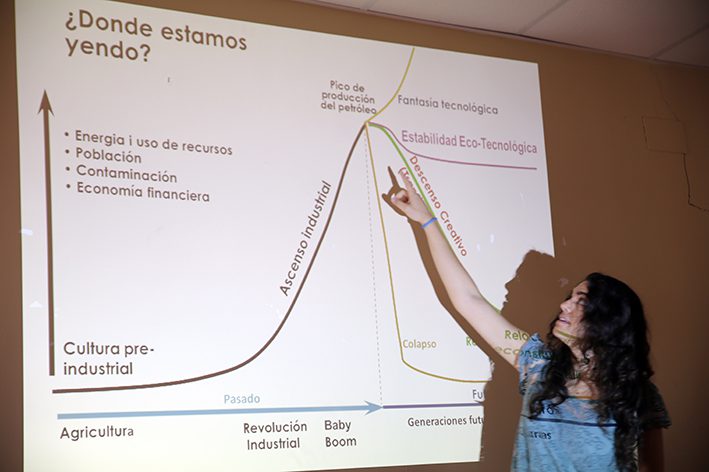
The main activities of the project are:
- Collating and assessing existing experiences, learnings and materials on how municipalities and transition initiatives are working together in creating healthier and more resilient communities.
- Co-designing an agreed framework and set of tools based on existing experience that can support the transition process at the municipal level.
- Testing and refining the agreed framework in pilot areas to develop a shared evidence base (to be implemented in 2018 and beyond)
- Reaching out to decision-makers, funders and potential new partners to join in this collaborative experiment.
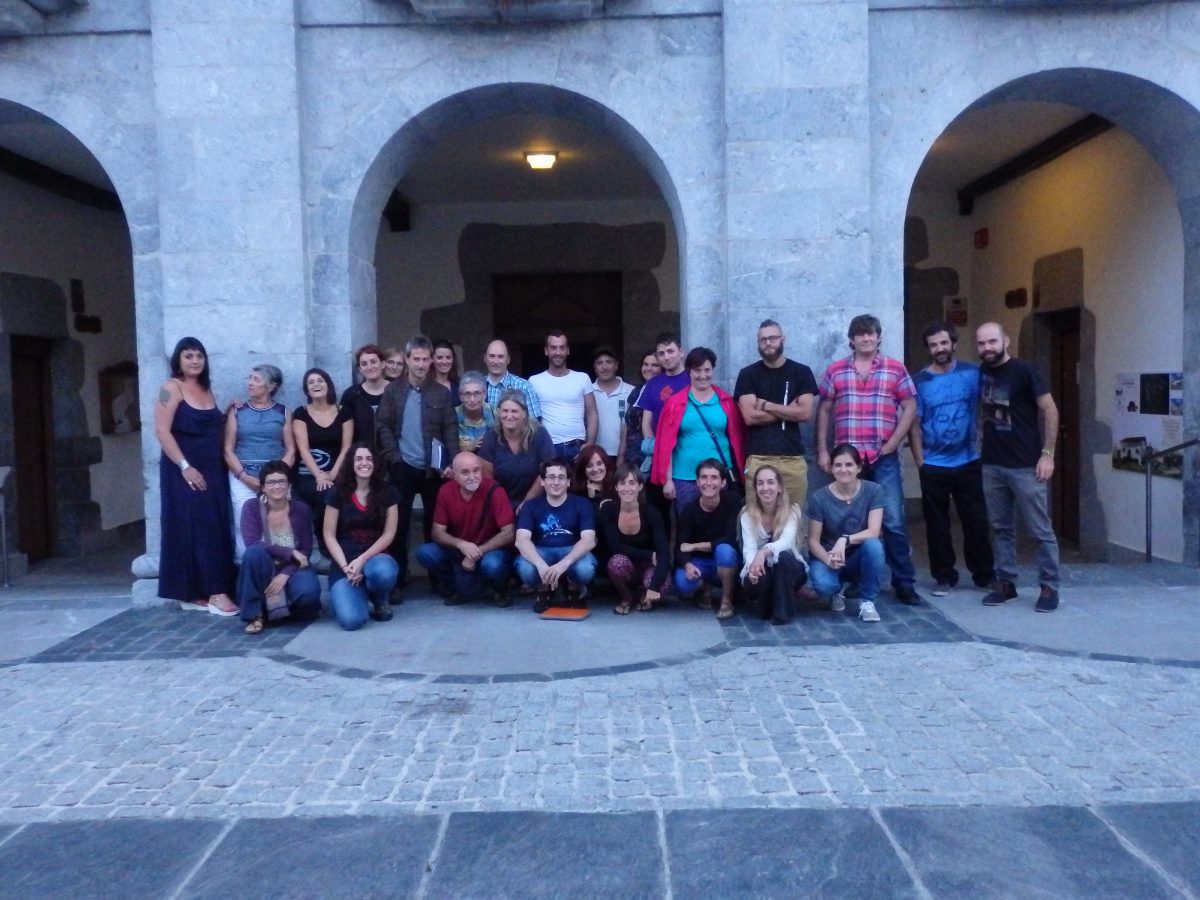
Experimenting with a new model of governance
The Municipalities in Transition project is managed internally using an innovative form of governance based on sociocracy and organised in “circles”. The project is led by a “core circle” of four members, who receive feedback and support from a “support circle” composed of volunteer members from the Transition Hubs group and Transition Network.
Decisions will be made by consent (instead of consensus), and specific feedback will be asked through an “advice process” with different members of the supporting circles. This way, decision-making is based on relationships of trust, and processes are more agile and capable of integrating different points of view.
More information on the governance system will follow soon.
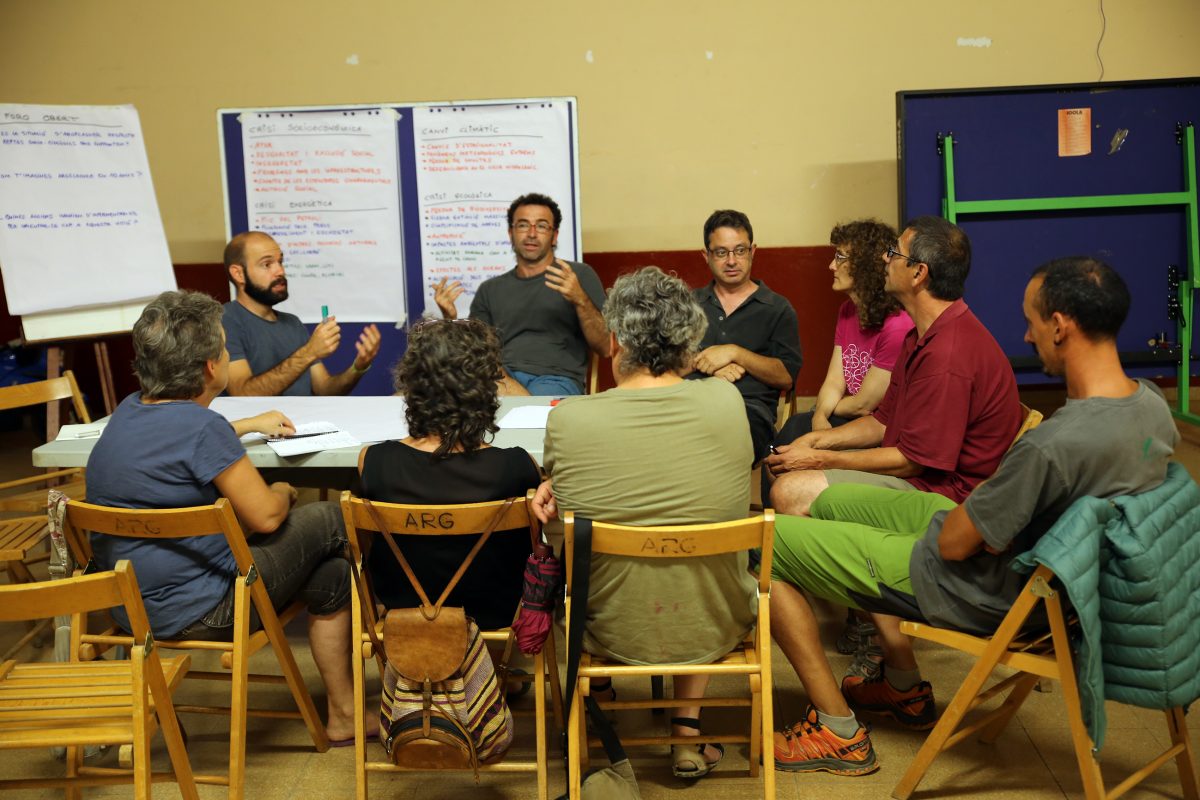
Creating positive change
We will be looking for positive change at two levels: in the communities of the pilot areas; and evidence of international learning, impact on decision-making and take-up of ideas.
In the pilots, we aim to see increased levels of community engagement, and the municipality able to adopt more participatory, community-led processes and values. We expect to see commitment to measures that increase community resilience and human well-being within natural resource limits. Municipalities and communities will need to take a bottom-up approach which follows the creativity generated when people come together; this enables behaviour change to take root and open up new possibilities for the future which could not be foreseen. The specific nature of sustainable behaviour change cannot be predicted in advance, as this is an emergent process.
Internationally, we aim to see increased enquiries from, and activity by, new municipalities, impact on political decision-making, and new Transition Hubs and groups able to start this work.
Further details and questions
We will soon share more details about the latest developments of the project.
In the meantime, if you have any questions or comments, please write to Ana Huertas (project coordinator) at [email protected]



